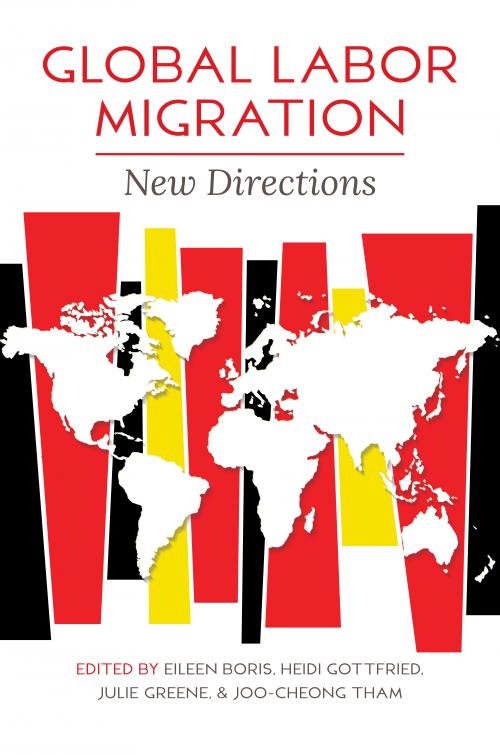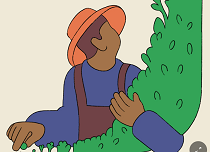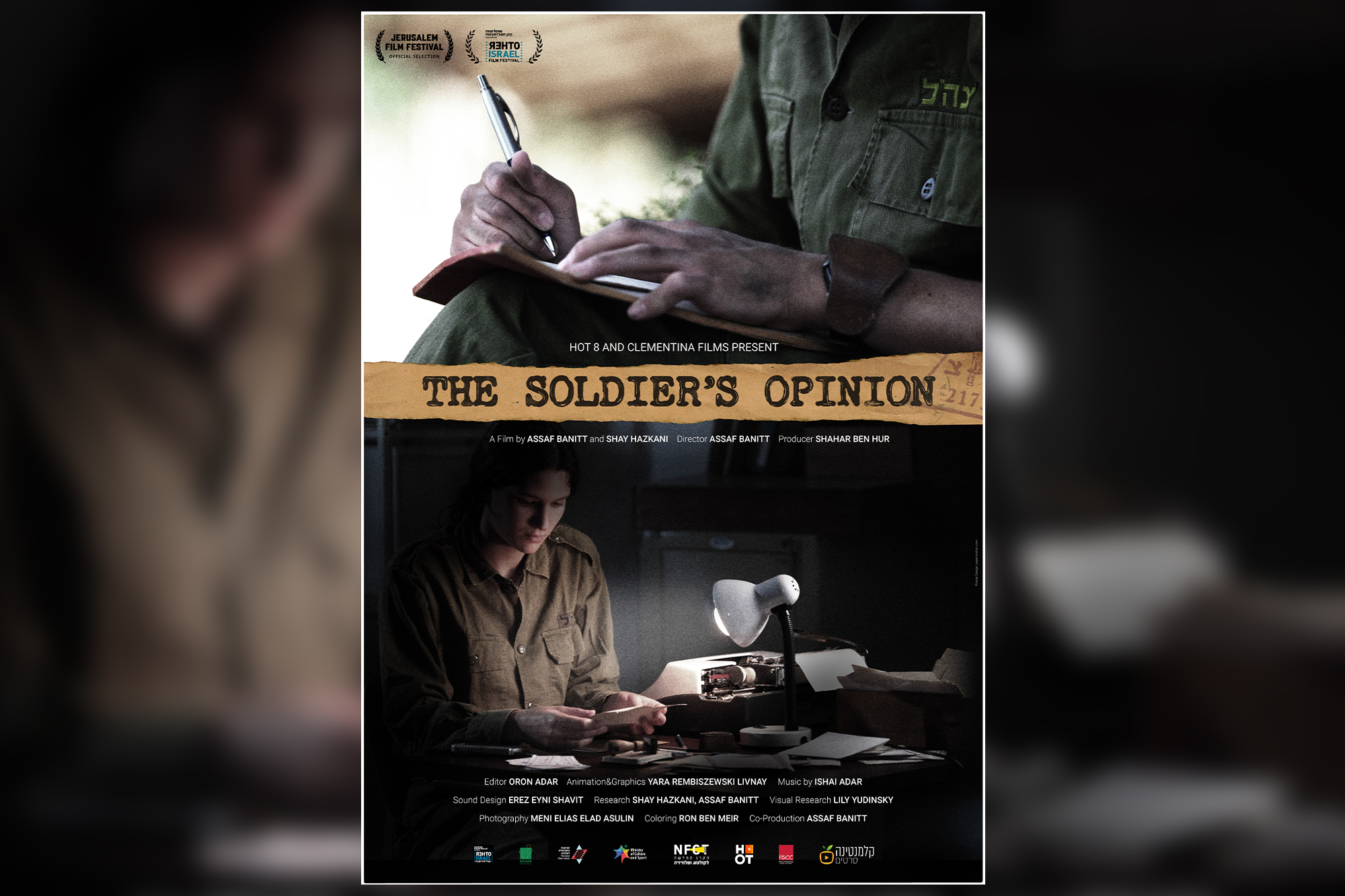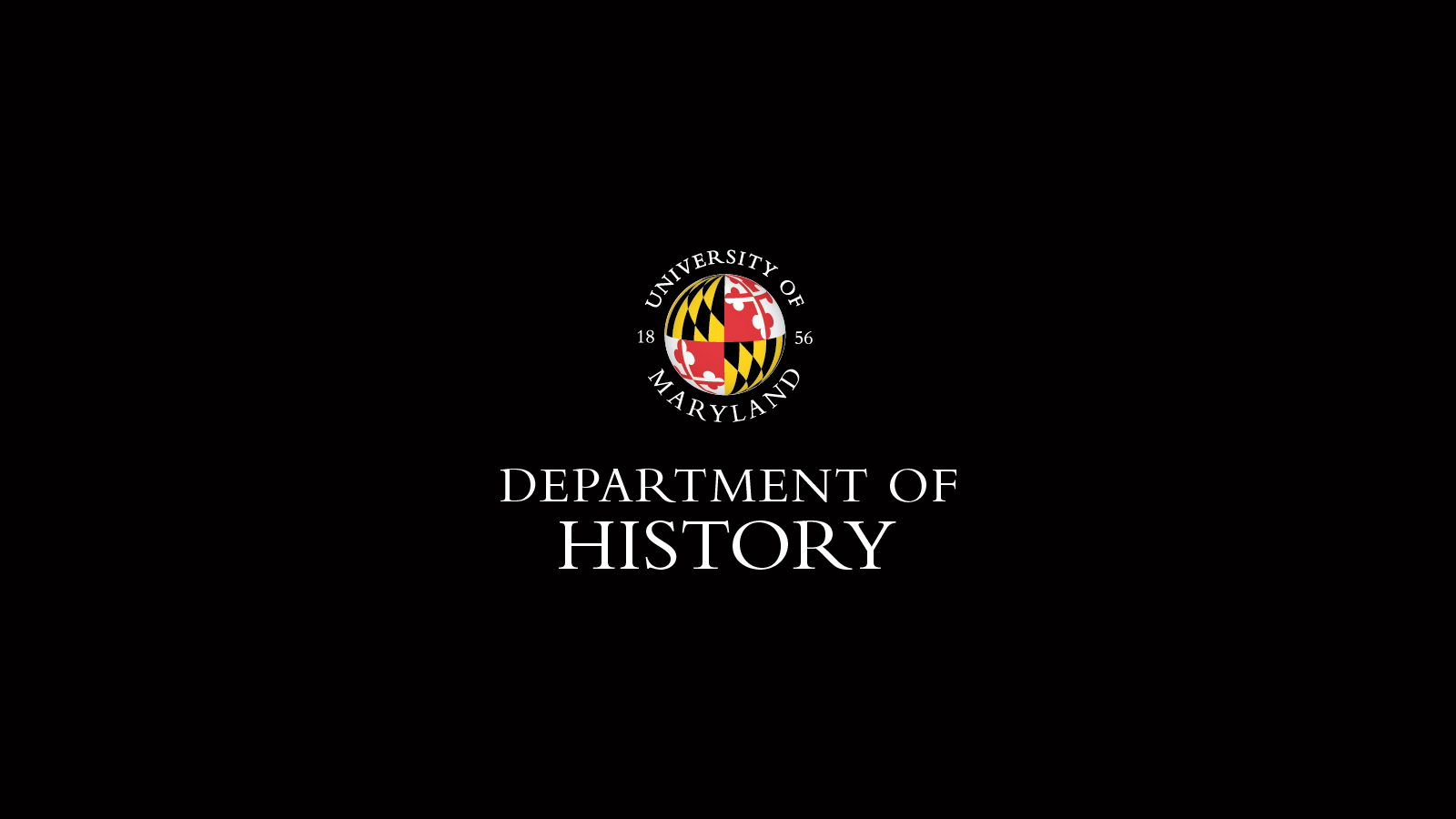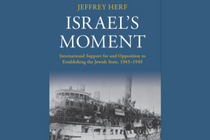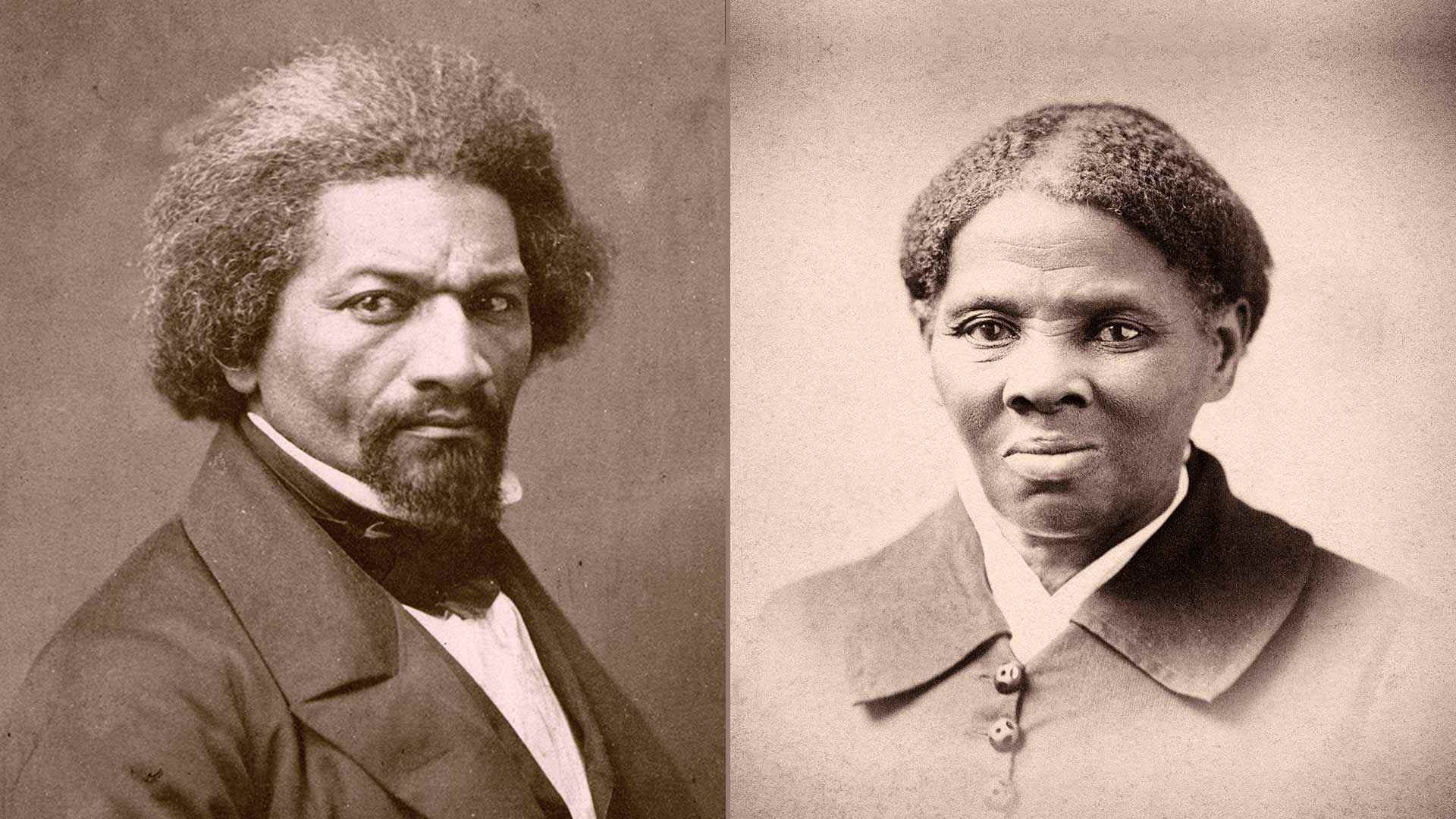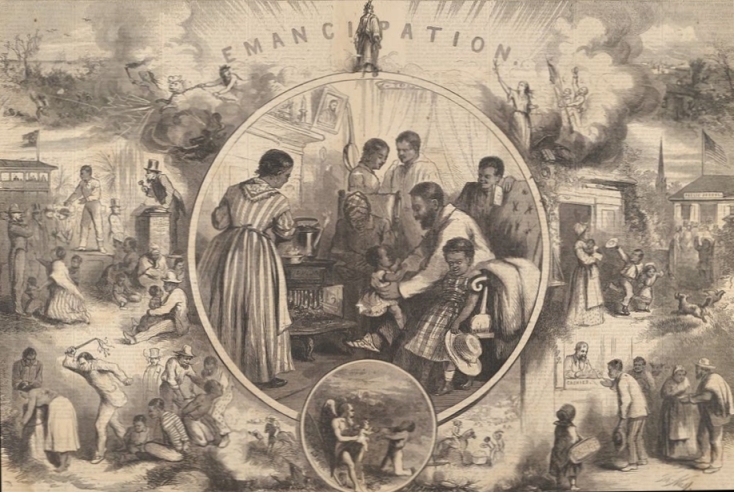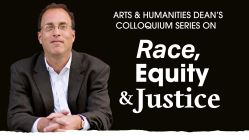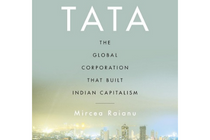By Tressie McMillan Cottom
I have food on my mind. The few weeks between Thanksgiving and the end-of-year holidays are a time when eating becomes something more than a utilitarian need or even a personal pleasure. Now is the time of year when food’s cultural significance takes center stage in our overscheduled lives. We may eat standing at a desk most of the year, but during the holidays we are reconnected to food’s deeper meaning.
My grandmother died 10 years ago. The last Thanksgiving I had with her was also the last time I ate her sweet potato pudding. She made it just for me, once a year. I have no idea where the recipe came from or even if there was one. I have tried versions since she died. Online recipes have different names. Custard. Casserole. None of the recipes are quite right. Some add flour. I am sure that she did not. Others insist on coconut. She would never.
None of the recipes I have tried match the texture or depth of the dish my grandmother made: layers of buttery, grated sweet potato soaked in spices and baked until crispy on the outside and mushy in the center. I started thinking that maybe what didn’t work about these other dishes I tried was not the recipe but the ingredients.
My grandmother usually bought small sweet potatoes from a local grower. She had her favorite sources. A distant cousin, Eugene, grew some of the best sweet potatoes, by her standard. He put aside some for her over the holidays. If he was busy, there were other local suppliers: a roadside pickup truck and stand with fresh vegetables sold by the bucket, for example. In a pinch, she would go to a local “country food store” that sold food not fancy enough to be sold at the local chain grocery stores.
Something about my normal store-bought sweet potatoes does not measure up. They’re too big, too tough, too sweet or not sweet enough. The last time I ate my grandmother’s sweet potato pudding was the last time I tasted the culture that made that pudding possible. I wish I had known it was the last time.
This is how food has roots in culture, place, family and history. I recently talked with Prof. Psyche Williams-Forson about food memories. Williams-Forson is the chair of American studies at the University of Maryland, College Park, and a food studies expert who has written several books about race, gender, class, culture and foodways. “Foodways” is a popular academic term for the complex ways that we produce, consume and give food meaning. When a custard is not a pudding and when a sweet potato connects a North Carolina roadside vegetable store to the African diaspora, that’s an example of a complex foodway.
We talked about Williams-Forson’s new book, “Eating While Black: Food Shaming and Race in America,” at a public event in Chapel Hill, N.C. It was moving to discuss her book, which connects ideas about moral value to the food that we cherish. It brings up a lot of feelings about migration, class, poverty and identity.
A member of the audience stood up during the Q. and A. to ask how his rural church could create healthier local foodways for its community. Like a lot of nonprofit organizations these days, his church wants to plant a community garden. But it doesn’t want to reproduce the classism of “clean eating” movements that label some food as clean and other food dirty. The people who eat clean food are good people. The people who eat dirty food — food associated with poor people or immigrants or formerly enslaved people — are bad.
Williams-Forson reminded us that the only difference between a back-porch garden in a low-income community and an organic garden in a high-income urban area is branding. She challenged the audience not just to think about utopian visions but also to figure out how people are supposed to eat “in the meantime.” The meantime is a space between the food systems of the near past and the food systems we will have to build in the near future. How can we support people not just to eat better but also to eat in ways that don’t limit how other people choose to eat and live in the meantime?
For this year’s annual Opinion giving guide, I encourage readers to support the organizations in your area that build capacity for localized food systems. You can always support national efforts like Farm Aid. I attended this year’s annual festival of music, food and agricultural education. The music stage is a big draw. But it is the exposition area, where I learned about how people produce food in this country, that raised my consciousness. I met advocates who educate people on how systemic racism and political polarization make it hard for farmers to pivot to more sustainable practices. In 2019, Vann R. Newkirk II did a great long-form piece on racism and U.S.D.A. policy. It is worth reading and thinking about how racism makes us more vulnerable to the ravages of climate change.
It is also worth supporting the Black Farmers Fund. The fund supports social impact investing in Black farmers, growers and agricultural businesses. Some people worry about losing family recipes. I am one of those. But I also worry about losing the foodways that made those recipes possible.
Some of us are losing them faster than others. I have not lost my grandmother’s recipe as much as I have lost a link to home. It may be too late for my sweet potato pudding. But it is not too late to become the people who caretake foodways that help local food cultures thrive, equitably and without shame.

